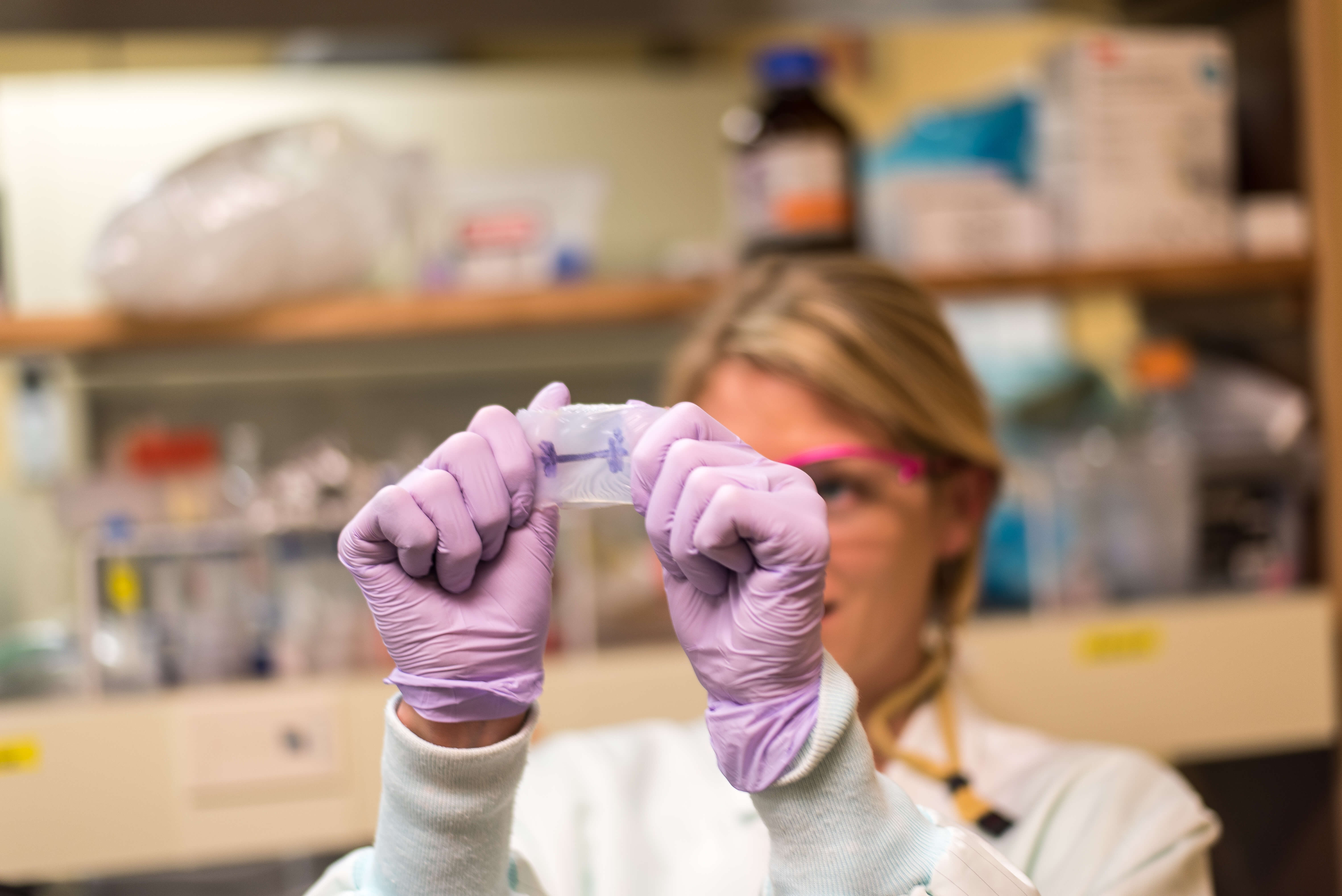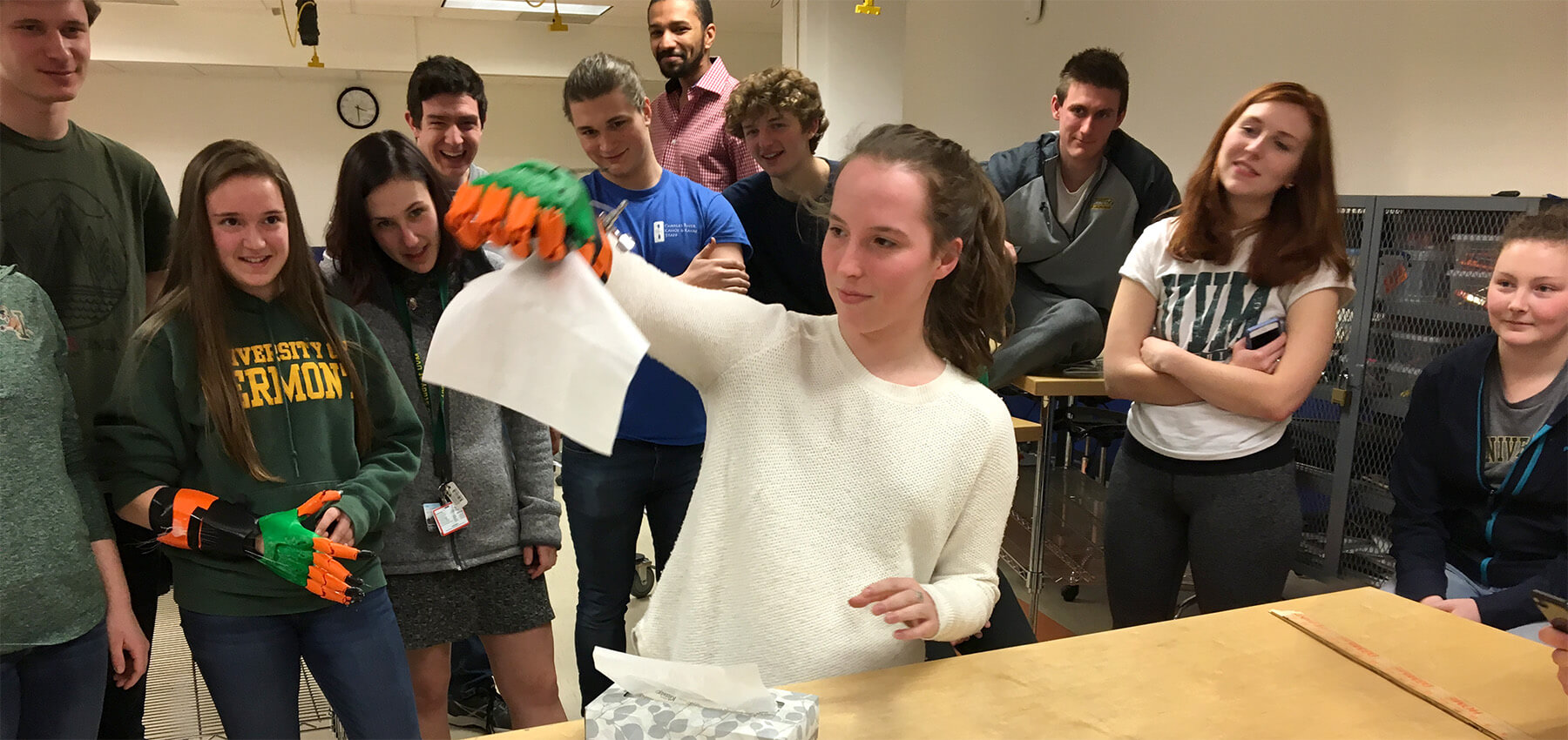Biomedical Engineering
Type of Degree
M.S.
School or College
College of Engineering and Mathematical Sciences
Area of Study
Science, technology, engineering and mathematics
Program Format
On-campus, Full-timeCredit hours to graduate
The M.S. degree in BME requires, at a minimum, 30 credit hours at the (2xx) 5xxx level or higher and the completion of a comprehensive examination.
Loading...


